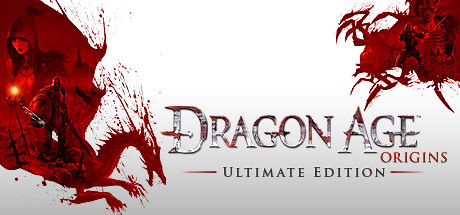Install Steam
login
|
language
简体中文 (Simplified Chinese)
繁體中文 (Traditional Chinese)
日本語 (Japanese)
한국어 (Korean)
ไทย (Thai)
Български (Bulgarian)
Čeština (Czech)
Dansk (Danish)
Deutsch (German)
Español - España (Spanish - Spain)
Español - Latinoamérica (Spanish - Latin America)
Ελληνικά (Greek)
Français (French)
Italiano (Italian)
Bahasa Indonesia (Indonesian)
Magyar (Hungarian)
Nederlands (Dutch)
Norsk (Norwegian)
Polski (Polish)
Português (Portuguese - Portugal)
Português - Brasil (Portuguese - Brazil)
Română (Romanian)
Русский (Russian)
Suomi (Finnish)
Svenska (Swedish)
Türkçe (Turkish)
Tiếng Việt (Vietnamese)
Українська (Ukrainian)
Report a translation problem





My Curator Page
DA:I is by far the worst about this because the difference between the base game and the GOTY (all three expansions) is an entirely new experience. DA:O is lucky to have all the DLC free with the game, but DA2 and DA3 will be $70 for everything. ($25 in BioWare Points, which NEVER go on sale.)
Characters, plot-moments and more sometimes will be referenced in each game, but DA:I especially is bad because the antagonist is introduced only in DA2's DLC, Legacy. And the "real" antagonist/ending is an expansion.
Because of (EA) Origin's lack of DLC sales, the oudated BioWare points, and the future usage of tying in DLC into the main plot, the reliance on this model has me concerned the further this series goes.